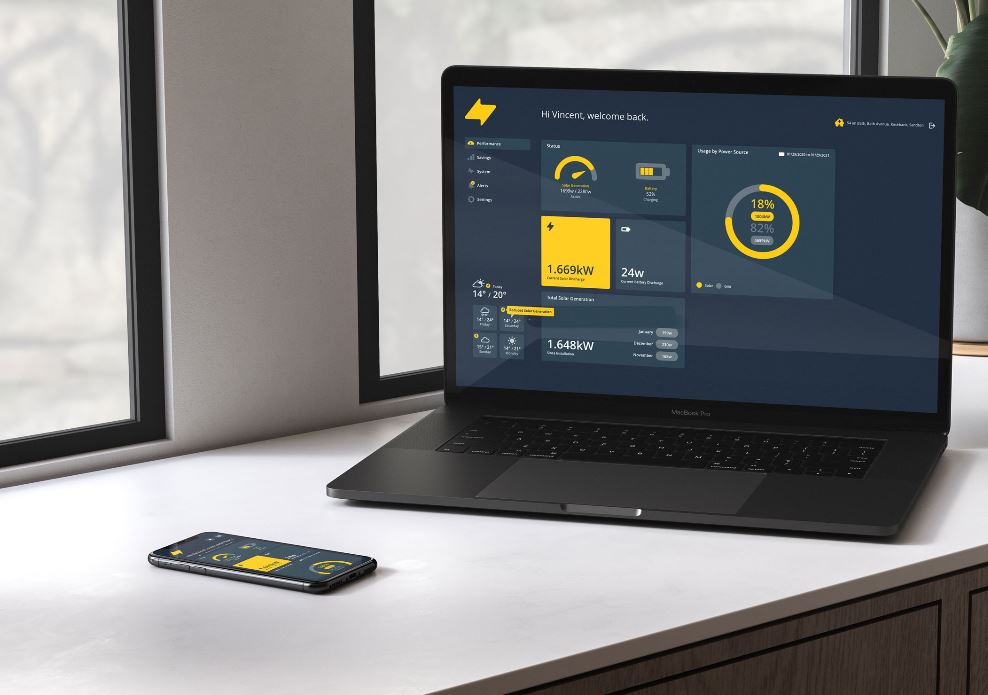Opinion Piece by Wetility
Here’s a fact we know all too well; loadshedding is costing the country billions. The latest interest rate rise is just another confirmation of an economy deeply scarred by the impact. Worse still, in recent months there has been an unprecedented escalation in loadshedding stages, which has sent many more South Africans racing to buy generators – but how feasible are they as a long-term solution?
For businesses who were looking to make the most of the recent festive season and even back to school retail booms, it may have seemed like a no brainer. The tills can only ring when the power is on. Over the same time in homes where many were anticipating the visits of family and friends, expensive takeaway meals eaten around candles had to be planned for. However, finding and using generators that run fridges and stoves then became an additional expense that instantly dimed the festive spirit for many. Loud, fuel-guzzling generators are costly, especially with the non-stop rise in the cost of fossil fuels.
Even seemingly cost-effective and relatively quiet UPS devices have their limitations. They were designed for emergencies, not regular on-going use, which is exactly what the country expects of these devices for the foreseeable future. Breakdowns and repairs are inevitable. This means the reactive go-to-solution is certainly not a long-term solution. The time to act wisely and decisively is now. As we enter this new year both businesses and homes need to actively look at sustainable solutions. If not, every major occasion and holiday in 2023 will have the same ominous shadow of loadshedding over it as last year.
“Harnessing the ever-present power of the country’s abundant sunshine, is the long-term solution that must be embraced. Both economically and environmentally, solar power is a solution whose time has arrived. In fact, the cost of waiting is an expense nobody can afford, “says Vincent Maposa, CEO of Wetility.
Companies such as Wetility, who offer hybrid solar solutions that leverage the functionality of the existing power grid with the power of the country’s ample sunshine, are an exciting alternative. Wetility enables their customers to smartly generate solar power on their rooftop, then store and use this clean consistent energy to power their home or business – nonstop. However, as any South African will tell you – the decision to go solar comes down to numbers – Rands and sense. Does embracing what many consider to be merely an environmental solution make economic sense? Maposa takes a pragmatic approach to the question of cost.
“Those who embrace hybrid solar solutions now will certainly benefit in the long run. The relief of constant and reliable electricity is the immediate advantage. The initial investment or contract plan is often cited as a barrier when it is in fact one of those ‘I should have done this sooner’ decisions. The perceived cost versus the actual economic benefit is highly rewarding, “says Maposa.
He describes it as delayed economic gratification with instant day-to-day benefits. Like the offering, it is a hybrid thought. Some may not truly appreciate an investment in a contract that feels like an addition to their current Eskom supply. However, simply put, over a surprisingly short time the benefits are unquestionable:
- Firstly, Eskom rates will continue to rise, a fact as predictable as sunrise.
- Secondly, it will get darker before the dawn, with further increases in loadshedding stages that is bound to impact the bottom line of businesses as well as the monthly budget of homeowners.
- Thirdly, the ROI of not experiencing loadshedding is immense – no generators, no loss of business and no additional unplanned expenses for a home. In one hour of no electricity a business can lose thousands. Another drawcard which has encouraged many is that VAT registered businesses can claim back what can amount to about 37% of their purchase costs on a system that includes solar panels. In homes, the cost of literally catering for every outage adds up every single time, while also jeopardising the plan of those trying to make a sustainable WFH solution work for the family.
- Lastly, for both homeowners and businesses, an in-built solar solution increases the value of the property. All the numbers add up.
Ultimately, the decision to go solar makes economic sense. The cost of waiting does not.
Provided by Wetility



























